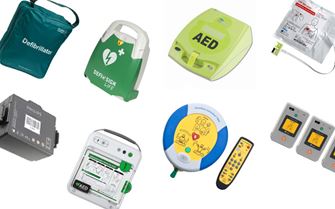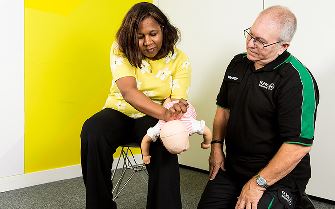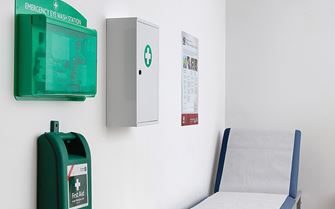
Community Lifesaver Course
The Community Lifesaver Course teaches you CPR, defibrillator use, and first aid training for all ages.

Our training venues
We have over 200 training venues across the country, use this page to find the nearest training venue near you, and view the facilities and travel advice for each venue.

Defibrillators, accessories and training models
Browse our range of fully and semi-automatic defibrillators, accessories, consumables and more.














